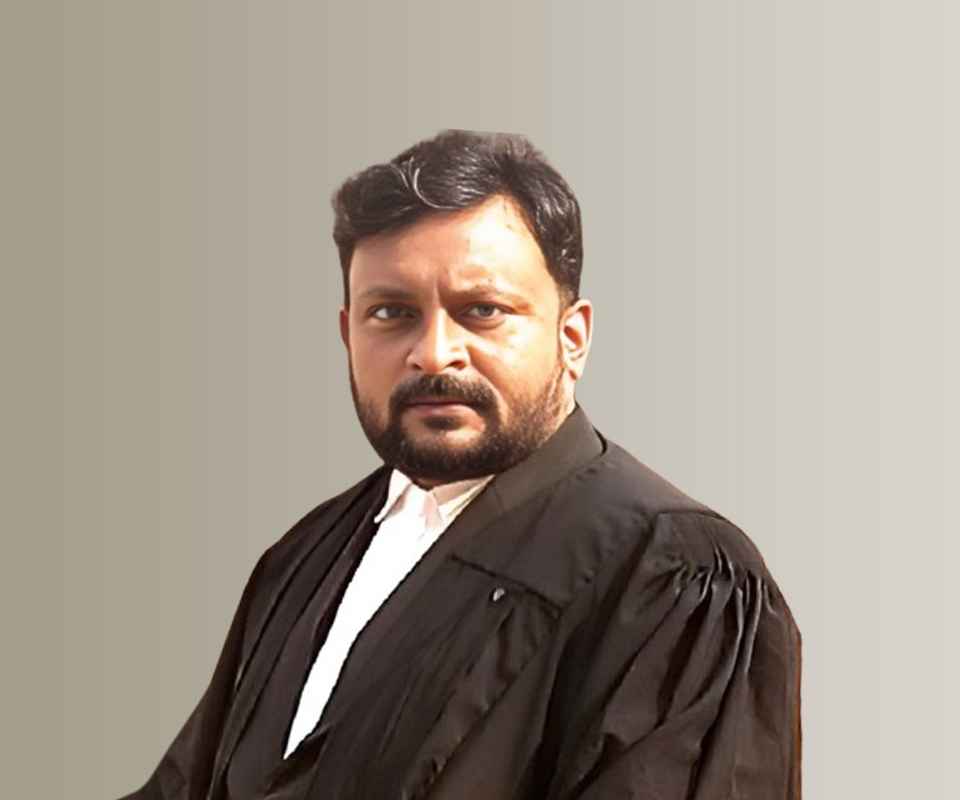Answer By law4u team
The terms court marriage and registered marriage are often used interchangeably in casual conversations, but under Indian law, they have different legal meanings and procedures. Here's a clear explanation of the difference between court marriage and registered marriage under Indian law: 1. Court Marriage Court marriage refers to a marriage solemnized directly before a Marriage Officer under the provisions of the Special Marriage Act, 1954. It is a civil contract and does not require any religious ceremony. Key Features: Applicable to all citizens of India, regardless of religion, caste, or faith. The couple gives a 30-day notice to the Marriage Officer of the district where at least one party has resided. The Marriage Officer publishes the notice for objections. If there is no valid objection, the marriage is solemnized in the presence of three witnesses. After solemnization, the Marriage Certificate is issued by the Marriage Officer. There is no need for religious rituals; the entire process is done before a government authority. Governing Law: Special Marriage Act, 1954 2. Registered Marriage Registered marriage usually refers to a marriage that has already been solemnized through religious or customary ceremonies (e.g., Hindu, Muslim, Christian, Sikh weddings), and is later registered with the appropriate authority for legal recognition. Key Features: The couple must first perform the customary/religious marriage. Then, they apply for registration of that marriage with the Sub-Registrar of Marriages. The marriage is registered under laws such as: Hindu Marriage Act, 1955 (if both are Hindus, Jains, Buddhists, or Sikhs) Christian Marriage Act, 1872 Muslim Personal Law (for personal records) Special Marriage Act, 1954 (for inter-religious marriages or those opting for civil registration) Requires submission of documents like proof of marriage (e.g., photos, invitation card), identity proof, and witnesses. A Marriage Certificate is issued after verification. Governing Laws: Hindu Marriage Act, 1955 Special Marriage Act, 1954 Other personal laws, depending on religion Key Differences Nature of the Process: Court marriage is a civil form of marriage, while registered marriage is just the recording of an already conducted traditional/religious marriage. Requirement of Ceremonies: Court marriage does not require religious customs; registered marriage requires the couple to be already married through religious/customary rites. Time Frame: Court marriage involves a 30-day public notice period. Registered marriage is typically done after the traditional marriage, without any mandatory notice period (except when done under Special Marriage Act). Jurisdiction: Court marriages are handled by Marriage Officers appointed under the Special Marriage Act. Registered marriages are handled by Registrars/Sub-Registrars under the appropriate marriage laws. Witnesses: Both processes require witnesses, but in court marriage, the witnesses are required at the time of solemnization, whereas in registered marriage, witnesses attest the fact of already conducted marriage. In Summary Court Marriage is a legal marriage conducted before a government officer under a secular law, requiring no religious rites. Registered Marriage is the legal documentation of a religious or customary marriage that has already taken place.









